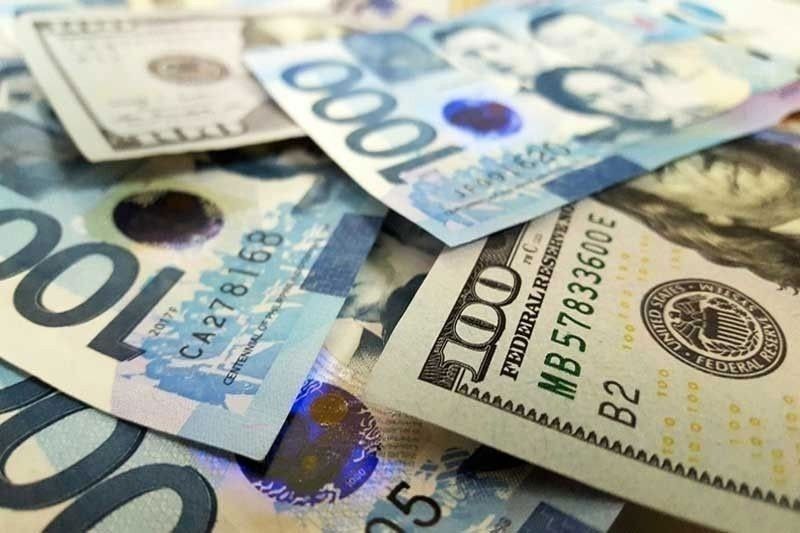More hot money exits Philippines March

MANILA, Philippines — More speculative funds left the Philippines in March, ending two straight months of net inflow following the interest rate liftoff by the US Federal Reserve and the impact of Russia’s invasion of Ukraine, resulting in a net outflow for foreign portfolio investments in the first quarter of the year.
Data released by the Bangko Sentral ng Pilipinas (BSP) showed the Philippines booked its biggest net hot money outflow in eight months amounting to $305.08 million in March, 43.6 percent lower than the $540.97 million outflow recorded in the same month last year.
The Philippines booked net inflows of speculative funds in January and February as COVID-19 quarantine and lockdown measures were eased to Alert Level 1 from Level 3 when cases surged to record daily levels early this year due to the more contagious Omicron variant.
Michael Ricafort, chief economist at Rizal Commercial Banking Corp. (RCBC), said the withdrawal of foreign portfolio investments last month was largely brought about by increased volatility in the local and global financial markets mainly due to the Russia-Ukraine war since Feb. 24.
The war pushed up global oil and other commodity prices, which led to higher inflation and bond yields.
Ricafort also cited the more hawkish signals by the US Fed on more aggressive rate hikes and possible reduction of the balance sheet or quantitative tightening in the coming months to rein in elevated inflation, which hit a new 40-year high.
“For the coming months, more aggressive Fed rate hikes, lingering Russia-Ukraine conflict for more than two months already, some lockdowns in China as well as election-related uncertainties could be headwinds to the recovery in the local economy and financial markets, including on net foreign portfolio investments data,” Ricafort said.
Data showed gross hot money inflows jumped by 55 percent to $1.28 billion in March from $824.23 million in the same month last year. The bulk or 86.7 percent of the total amount went to securities listed on the Philippine Stock Exchange (PSE), primarily holding companies, banks, transport services as well as food, beverage and tobacco.
The remaining 13.3 percent went to peso government securities.
The BSP said the top five investor states were the United Kingdom, US, Luxembourg, Singapore and Hong Kong with combined shares totalling 78.4 percent.
On the other hand, data from the central bank showed gross outflows grew by 15.9 percent to $1.58 billion in March from $1.36 billion in the same month last year, with the US receiving more than 80 percent of the funds pulled out from the Philippines.
For the first quarter, the Philippines yielded a net outflow of foreign portfolio investments amounting to $16.44 million, plunging by 96.6 percent to $483.49 million in the same period last year.
Gross inflows slipped by 5.1 percent to $2.95 billion from January to March this year compared to $3.11 billion in the same period last year, while gross outflows fell by 17.4 percent to $2.97 billion from $3.59 billion.
Last year, the Philippines missed its net inflow target of $1.5 billion as it registered a net outflow of speculative funds amounting to $574.46 million, 86.4 percent lower than the $4.24 billion net outflow recorded in 2020.
The BSP expects foreign portfolio investments bouncing back strongly with a net inflow of $4 billion for 2022 and $6.7 billion in 2023.
For this year, the Cabinet-level Development Budget Coordination Committee (DBCC) sees a faster seven to nine percent gross domestic product (GDP) expansion.
The country exited the pandemic-induced recession with a GDP growth of 5.7 percent last year after shrinking by 9.6 percent in 2020 as the economy stalled due to strict COVID-19 restrictions.
- Latest
- Trending





























